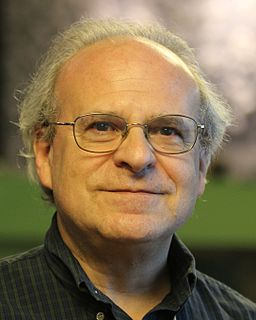A Quote by Larry Wall
I think software patents are a bad idea. Many patents are given for trivial inventions.
Related Quotes
I named my software 'EMAIL,' (a term never used before in the English language), and I even received the first U.S. Copyright for that software, officially recognizing me as The Inventor of Email, at a time when Copyright was the only way to recognize software inventions, since the U.S. Supreme Court was not recognizing software patents.
If you didn't have patents, no one would bother to spend money on research and development. But with patents, if someone has a good idea and a competitor can't copy it, then that competitor will have to think of their own way of doing it. So then, instead of just one innovator, you have two or three people trying to do something in a new way.
"Patents make our product defensible." The optimal number of times to use the P word in a presentation is one. Just once, say, "We have filed patents for what we are doing." Done. The second time you say it, venture capitalists begin to suspect that you are depending too much on patents for defensibility. The third time you say it, you are holding a sign above your head that says, "I am clueless."
For one thing, there are many "inventions" that are not patentable. The "inventor" of the supermarket, for example, conferred great benefits on his fellowmen for which he could not charge them. Insofar as the same kind of ability is required for the one kind of invention as for the other, the existence of patents tends to divert activity to patentable inventions.


































